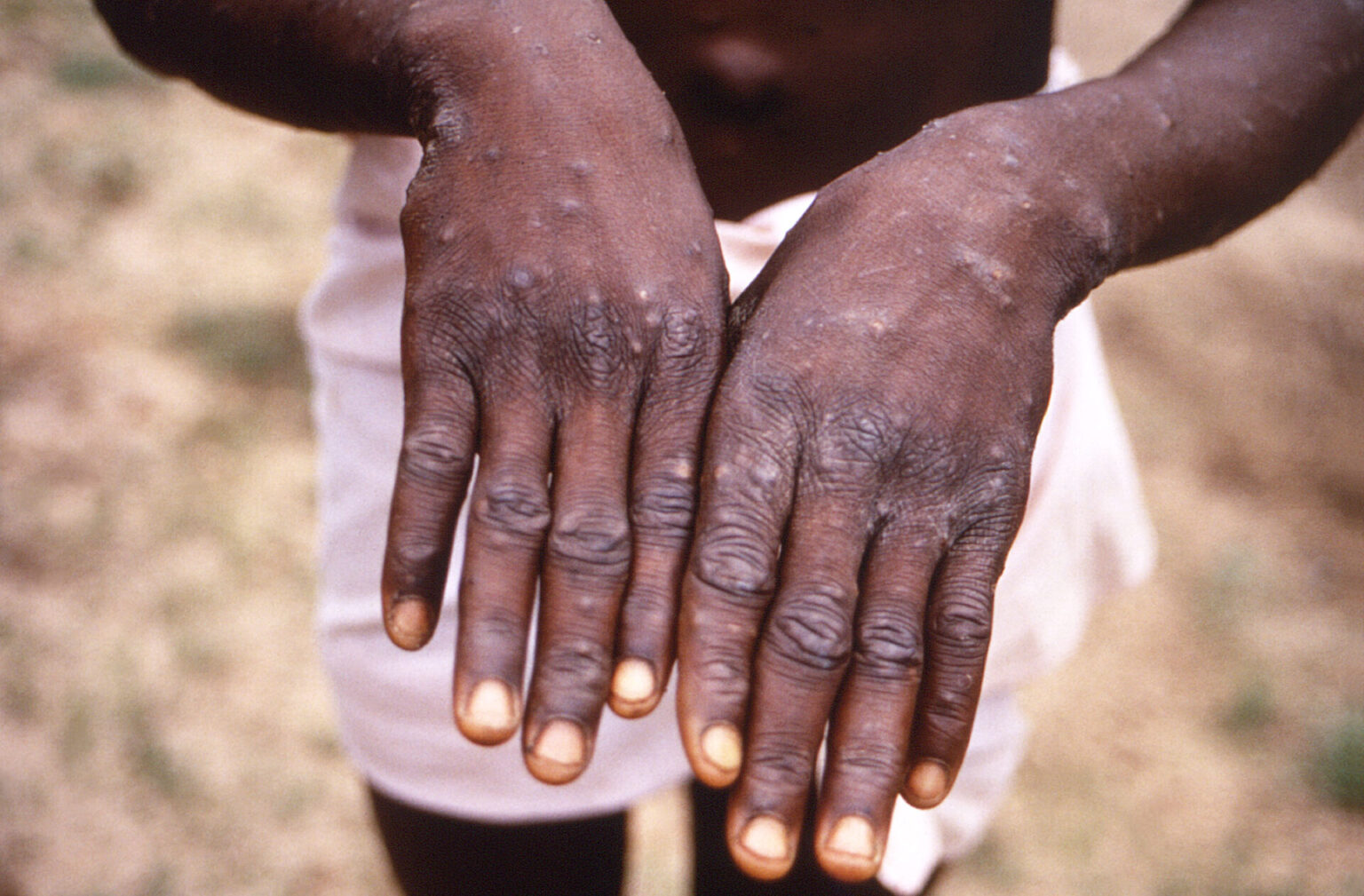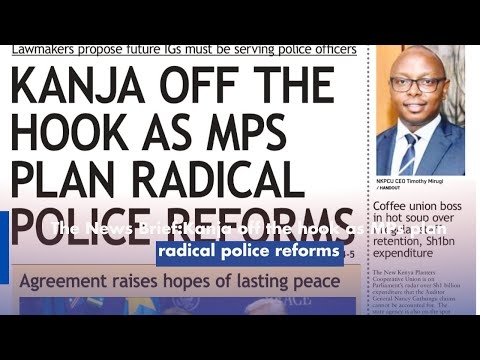

The World Health Organisation (WHO) has warned that recent cuts to foreign aid are threatening to derail the global response to mpox and the progress made over the past year.
WHO Director General Tedros Adhanom Ghebreyesus cautioned that drastic reductions in foreign assistance are now hampering access to vaccines, diagnostics and key public health interventions.
“Drastic cuts to foreign assistance are hindering our efforts. They are impacting access to vaccines and diagnostics, and full implementation of public health measures,” the WHO DG said.
In a statement dated August 14, Ghebreyesus issued a fresh appeal to donor countries to show solidarity and sustain support for the global response to mpox.
“We call on all countries to remain vigilant and prioritise bringing outbreaks under control. We call on donor countries to show their solidarity and support in ending the global emergency,” he said.
WHO is marking a year since mpox was declared a public health emergency of international concern.
Since the declaration in August 2024, 28 African countries have reported nearly 50,000 confirmed cases of mpox.
While deaths remain low overall, the disease continues to pose a serious risk to immunocompromised individuals, especially those living with uncontrolled HIV.
Ghebreyesus acknowledged growing capacity within African countries to manage outbreaks, crediting the emergency declaration for mobilising essential resources and attention.
“We are seeing increasing capacity in countries to manage mpox outbreaks. The declaration of the public health emergency a year ago brought much-needed resources for controlling these outbreaks,” he said.
He, however, worries about the foreign cuts.
Public health experts warn that without sustained international funding, fragile health systems in the region may struggle to contain future outbreaks, undoing gains made in disease surveillance and community response.
Mpox is a viral disease spread through close physical contact.
Though historically confined to parts of Central and West Africa, its spread in recent years has raised global concerns, prompting coordinated international response efforts.
The WHO’s renewed call for support comes amid a broader debate about the future of global health financing, as multiple donor nations face domestic budget pressures.

















